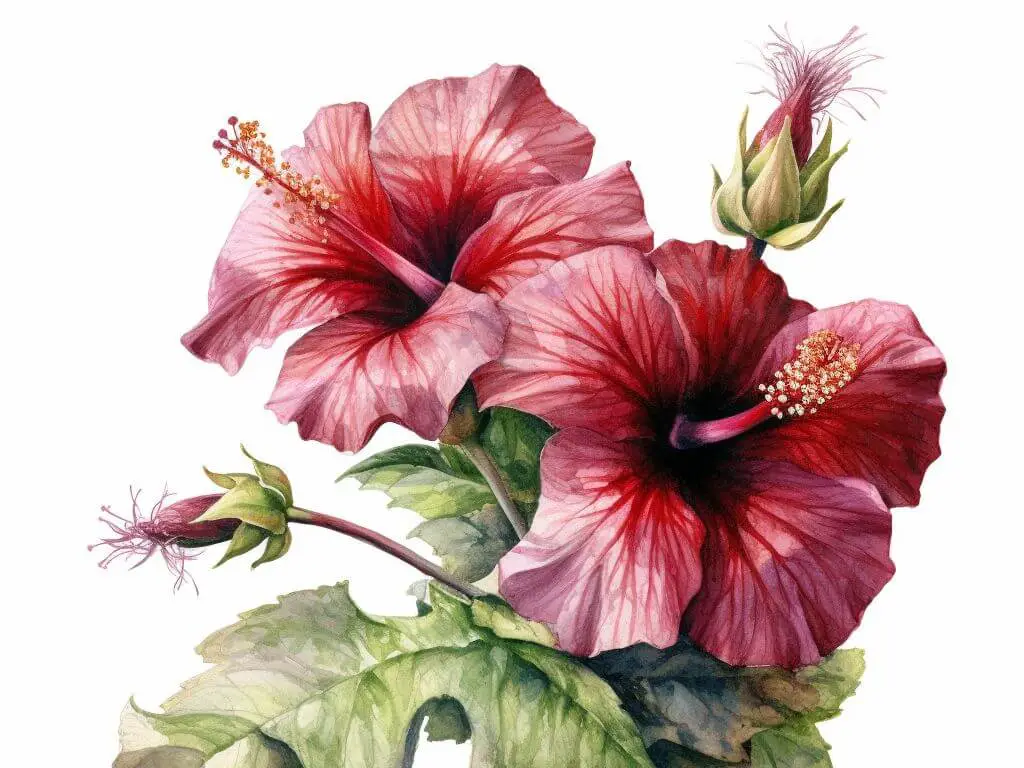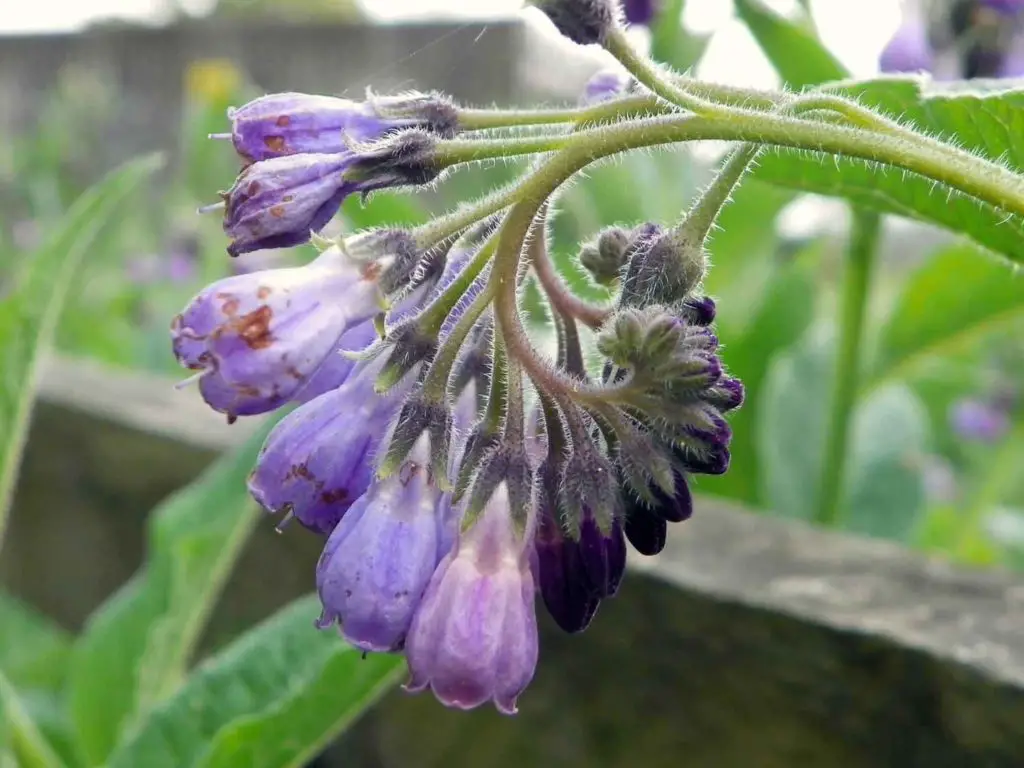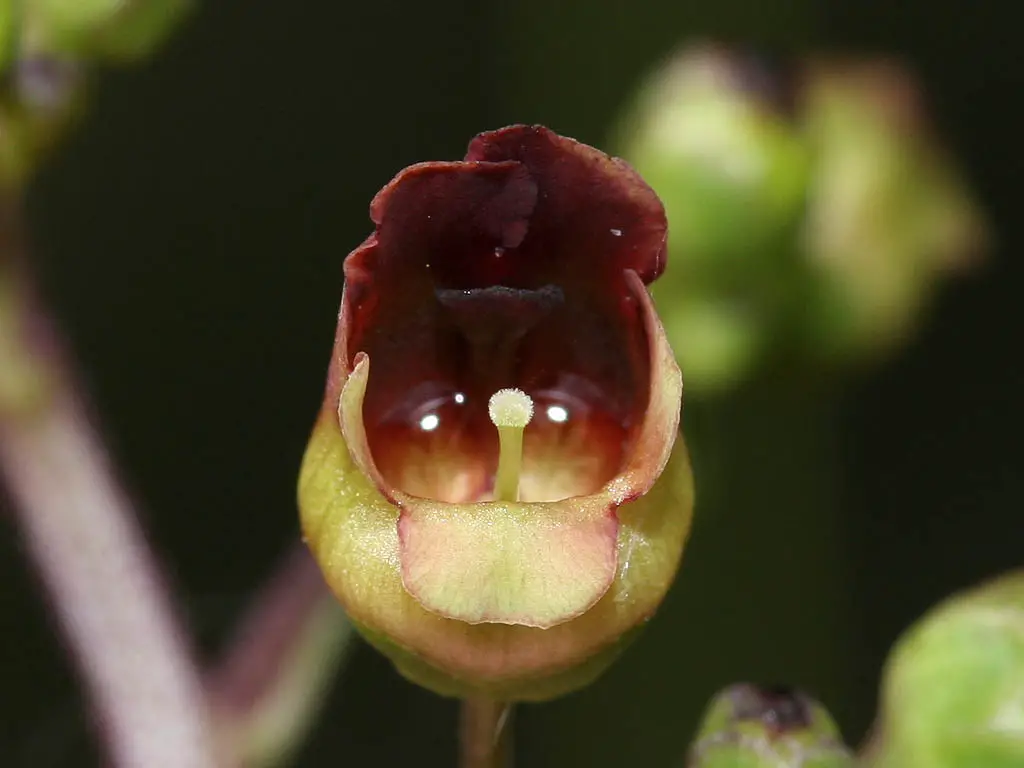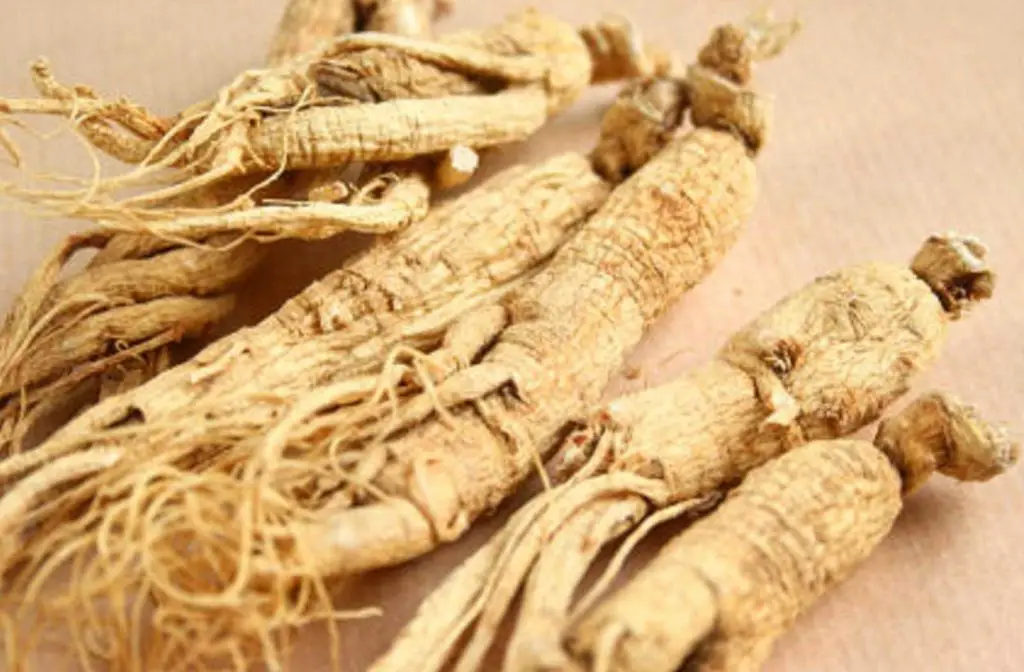High blood pressure is dubbed as the “silent killer” by the American Heart Association because most of its symptoms appear only when everything is too late. Individuals with poor lifestyle choices are prone to developing high blood pressure. In some cases, genetics also makes an individual predisposed to high blood pressure.
Many factors are linked to high blood pressure, such as elevated cholesterol levels, an unhealthy diet, and a lack of exercise. Unfortunately, there isn’t any permanent cure for high blood pressure, but there are some remedies you can take to curb the symptoms of high blood pressure and live a healthy life.
Roselle (Hibiscus Sabdariffa)
Roselle, or Hibiscus sabdariffa, is a flowering plant species inhabiting regions of Africa. This plant’s entire part is edible and often used in traditional dishes or steeped in tea. The extract of this flowering plant contains abundant antioxidants, which could be the reason for its vast health benefits.
As an antioxidant-rich plant, roselle can help increase the cell turnover of your body and eliminate free radicals. It’s also an effective natural remedy to improve liver health. On top of all that, roselle also helps lower body fat levels and blood pressure, which are all necessary for healthy cardiovascular health.
In fact, Hibiscus sabdariffa is one of the most well-studied herbal remedies for low blood pressure. The leaves, calyx, and corolla of roselle are usually used to study the antihypertensive effects of this edible flowering plant. Studies suggest that the acetylcholine and histamine actives in the Hibiscus sabdariffa are responsible for its vasorelaxant effects.
Moringa
Moringa oleifera or murungai is a tropical tree native to South and Southeast Asia. This nutrient-packed fast-growing plant is used in many traditional medicines and dishes. Moringa contains massive amounts of health-beneficial bioactive compounds, making it one of the well-known superfoods.
One of the many health benefits of moringa is its ability to lower blood sugar levels and prevent the development of diabetes. It’s also an effective anti-inflammatory agent and helps reduce oxidative stress. But its most important and well-supported function is its antihypertensive properties.
Several studies support the hypolipidemic properties of moringa. In one study, rabbits with induced high-blood pressure were fed moringa for 12 weeks. At the end of the study, subjects’ systolic and diastolic blood pressure were significantly lower than the baseline levels.

Chinese Cat’s Claw (Uncaria Rhynchophylla)
Chinese cat’s claw, or Uncaria rhynchophylla, is a thorny vine native to China. Its characteristic tiny woody thorns gave its name, cat’s claw. This vine is native to many Chinese provinces, including Guangdong, Guizhou, and Hubei.
Traditionally, this plant treats vertigo, dizziness, tremor, convulsion, and epileptic seizures. Other than this, there is also evidence supporting that this plant extract might help with hepatic hyperfunction. Aside from its evident neuroprotective function, it’s also effective at lowering blood pressure.
According to a particular study, this plant’s hypotensive property is attributed to its rich hirsutine content. Hirsutine is an indole alkaloid that helps relax the smooth muscles of our arteries and veins. It also improves blood flow, which makes it a perfect remedy for high blood pressure.
Brahmi (Bacopa Monnieri)
Brahmi, or Bacopa monnieri, is a popular Ayurvedic herb used to treat several neurological and mental disorders. This flowering plant species is native to India and Australia and found in other parts of Europe, Asia, and North and South America. Brahmi is known by various names, depending on where it’s cultivated, like Indian pennywort, herb of grace, or water hyssop.
Brahmi is a popular rasayana herb in ancient Ayurveda, meaning it has stellar rejuvenating properties. It’s a powerful antioxidant that helps promote cognitive health and prevents age-related mental decline. Other than this, Brahmi could also help reduce blood pressure due to its bioactive compounds.
In one particular study, Brahmi released nitric oxide, known to cause vasodilation that reduces blood pressure and improves blood flow. In the said study, the researchers used 20 to 60mg/kg of Bacopa monnieri extracts to achieve this result.

Garlic (Allium Sativa)
One popular herbal remedy for high blood pressure is garlic or Allium sativa. This is a common vegetable that you might find sitting atop your pantry’s shelves. In historical accounts, garlic is used as a household treatment for various common conditions, including colds and lethargy.
Besides its culinary and traditional remedy uses, there is emerging evidence that garlic can also help treat different ailments. There are various accounts that garlic can help improve neurological functions and prevent Alzheimer’s because of its antioxidants.
In terms of its hypotensive properties, abundant studies also support this claim. In one study, garlic effectively lowered the blood pressure of various experimental groups after administering 600 to 1500mg of extracts regularly for 24 weeks.
Ginger (Zingiber Officinale)
Another household kitchen essential with a breadth of health benefits is ginger or Zingiber officinale. Ginger is an aromatic spice primarily used for cooking and medicinal purposes in Asia, India, and the Middle East. In traditional medicine, it’s used to treat various conditions like nausea and vomiting, rheumatism, menstrual problems, colic pain relief, and more.
There are extensive studies supporting the various health benefits of ginger. One well-documented benefit of this plant is its ability to treat common colds and indigestion. Aside from this, it could also help regulate blood pressure due to its active compounds like gingerol and shogaol.
In one particular study, the researchers found that the crude extract of Zingiber officinale produced a dose-dependent decrease in arterial blood pressure of test subjects. This result significantly improved blood circulation by relaxing the muscle around the blood vessel.
The Bottomline
High blood pressure is a significant concern many American adults are facing. The majority of the population believes that hypertension is inevitable as you grow older. However, there are many things you can do to reverse high blood pressure and keep your cardiovascular health in pristine condition.
You don’t need to spend thousands of dollars on expensive medication and therapy to achieve this goal. Herbs like Brahmi, garlic, and ginger are natural remedies proven to reduce blood pressure and help improve circulation. However, If you have any underlying conditions that might affect your hypertension, consult your doctor before taking any herbs or supplements.
Subscribe to our newsletter!
Natural Blood Pressure Supplements FAQs
What Can Immediately Lower Blood Pressure
In some cases, rising blood pressure is a response to a stimulus. If you’ve experienced a sudden surge in your blood pressure, you should take a deep breath and try to relax. Do the double breathing method, where you inhale twice and exhale long. This slows down your heart rate and normalizes your blood pressure in the process.
Does Coffee Increase Blood Pressure
In moderation, coffee shouldn’t increase your blood pressure to a fatal rate. However, drinking more than four cups of coffee a day could increase your blood pressure. Different studies have different findings on this matter, so it’s best to stay away from coffee if you’re trying to reduce your blood pressure. If you rely on coffee to stay awake during a busy day, you might want to find other natural and healthy alternatives.
What Are the Side Effects of Losartan
Losartan is a common medication used to treat hypertension and other cardiovascular conditions. The common side effects of losartan include dizziness, headache, cold-like symptoms, diarrhea, and abdominal pain. If these become severe or prolonged, consult your doctor for further evaluation or try some natural alternatives with lesser side effects and greater results.
What Is the First Aid for High Blood Pressure at Home?
If you or a loved one experienced a sudden surge of blood pressure at home, you should first take a few deep breaths and try to relax. After that, you can drink calming tea infusions like chamomile or lavender to reduce your heart rate. You can also take natural supplements like ginger or garlic to help improve circulation and lower blood pressure.
References:
- https://www.heart.org/en/health-topics/high-blood-pressure/the-facts-about-high-blood-pressure
- https://www.ncbi.nlm.nih.gov/pmc/articles/PMC3210006/
- https://www.britannica.com/plant/roselle-plant
- https://pubmed.ncbi.nlm.nih.gov/10457797/
- https://pubmed.ncbi.nlm.nih.gov/18249514/
- https://www.sciencedirect.com/topics/medicine-and-dentistry/uncaria-rhynchophylla#:~:text=rhynchophylla%20can%20treat%20vertigo%20and,treatment%20of%20tremor%20and%20convulsion.
- https://pubmed.ncbi.nlm.nih.gov/18323250/
- https://pubmed.ncbi.nlm.nih.gov/12738086/
- https://pubmed.ncbi.nlm.nih.gov/21762768/
- https://pubmed.ncbi.nlm.nih.gov/10661880/
- https://pubmed.ncbi.nlm.nih.gov/24035939/
- https://www.nhs.uk/medicines/losartan/side-effects-of-losartan/
- https://www.adityabirlacapital.com/healthinsurance/active-together/2020/06/24/lower-blood-pressure-in-emergency/#:~:text=Sit%20down%20and%20focus%20on,stock%20up%20on%20these%20teabags




